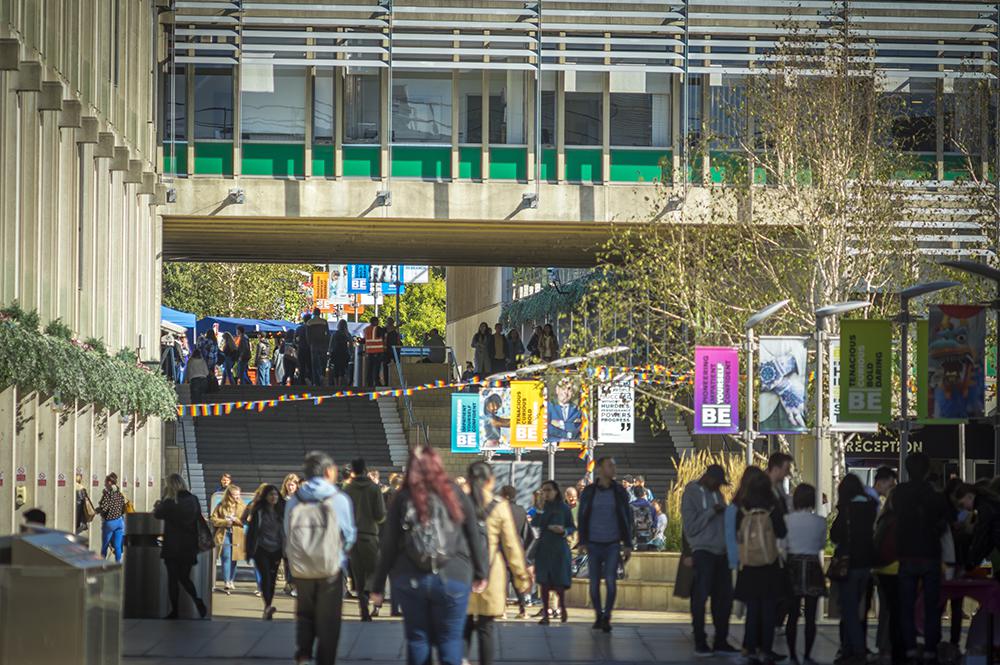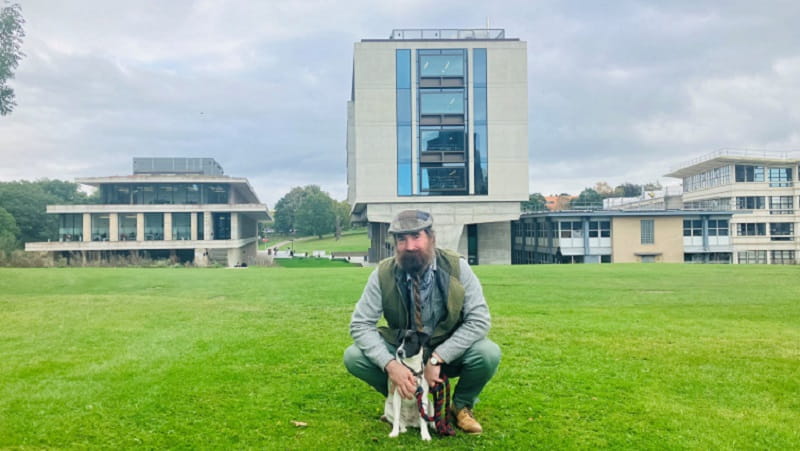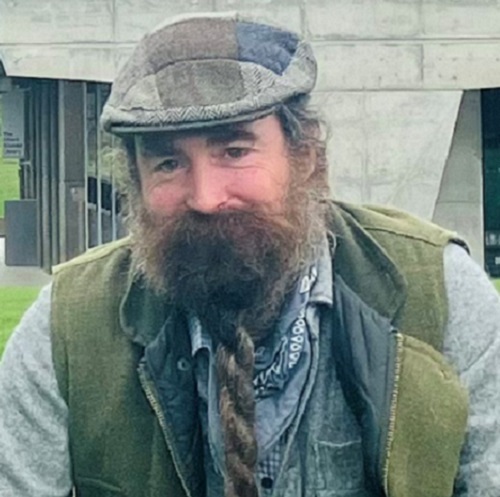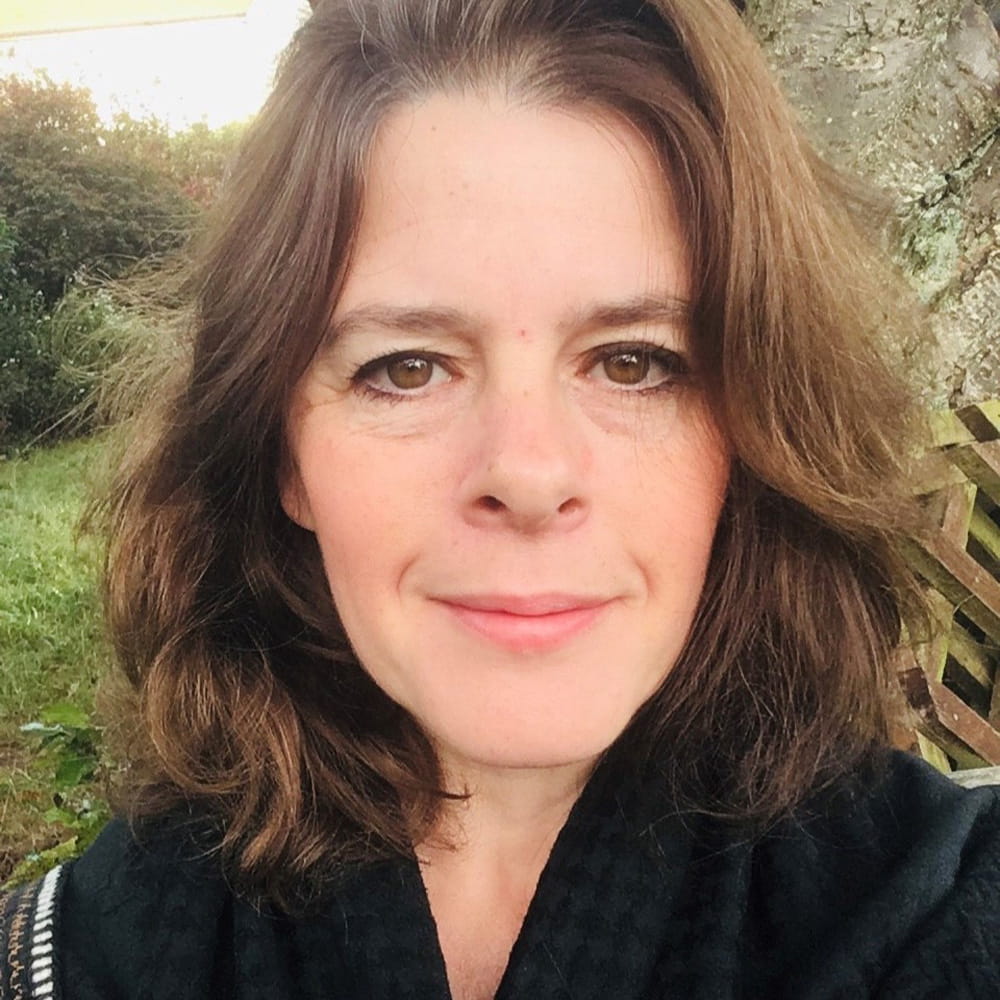Examining the impact of widening participation in higher education

As highly competitive courses attract record numbers of students from disadvantaged backgrounds, one Essex sociology researcher examines the link between widening participation and social mobility.
A record number of students from the most disadvantaged backgrounds have applied to some of the most selective university courses this year, according to statistics released by UCAS in October. These are courses such as dentistry, medicine and veterinary science with an early application deadline of October each year.
Sander Kristel, interim CEO of UCAS described the findings as evidence of “the effort we have made as a sector, to ensure everyone in society can aspire to study the most competitive courses.”
Exploring the philosophy of higher education
For one Essex Sociology PhD student, the UCAS statistics are of particular interest. Chris Cunningham is examining the link between widening participation and social mobility, and notions of ‘disadvantage’, in the context of higher education.
Chris began exploring broad themes around the philosophy of education in 2016 when he embarked on his MA at Essex.
“Throughout my years of researching universities, I built up quite a good understanding of higher education policy. A recurring theme that came out of my policy analysis was the practice of widening participation, and the more I looked into widening participation, the more I became aware of its correlation with political narratives of social mobility.”
Chris’s long association with Essex, started in 2007 with his role as a Campus Security Officer. He returned to full time study in 2012, working in a variety of departments to support himself and his family. His own experiences have very much added an additional level of understanding to his research.
“My education and life experiences have taught me about the complexities of identity politics. Categorising people usually equates with attempts to measure something, which is almost always political in nature. We need to question who is measuring and why. For widening participation, policy makers and professional services staff use the concept of ‘disadvantage’ to demonstrate impact.”

Concepts of disadvantage
Through his research, Chris analysed the Access and Participation Plans of four English Universities and looked at areas classified as ‘disadvantaged’ by the Department for Education. Having spent many years studying and working in the higher education sector, Chris further built his knowledge and underpinned his research through engaging with colleagues across several institutions and disciplines.
“While it is reasonable to suggest that there is good intention coming from people working within widening participation to address some of the shared barriers that some people face, the concept of disadvantage remains problematic as it assumes shared lived experience. While this may be the case sometimes, it is not always; for example, the Participation of Local Areas (POLAR) measuring system classifies people as disadvantaged based upon the postcode that they live in – it does not consider the fact that people move, or that people living across the road could be experiencing life in completely different ways.
If we consider disadvantage in relation to free school meal eligibility, is increasing participation in university enough to address this disadvantage, especially when considering student loan debt? Why not work to address the reasons why some people are eligible for free school meals in the first place, such as reducing wage disparities. Understandably, this is not necessarily a job for universities, but it is important to recognise that widening participation is a directive rooted in government policy and is not a practice that universities choose to adopt independently. For students from disadvantaged backgrounds entering universities, each individual experience will be unique.”
Though considered as disadvantaged in higher education terms himself, Chris’ own motivation for embarking on more than ten years of study was not driven by traditional ideas of socio-economic success.
“Both of my parents were self-employed. I was brought up with the mantra that “you work to live; you don’t live to work”. As such, I have never been career driven. I have travelled, met many wonderful people, and worked in many different occupations. Although I am not materially wealthy, I am rich, and at this current stage in life I have everything that I need and want. My research has been another chapter in my life; it has helped me to secure the work that I now do which allows me to apply the skills that I have sharpened and demonstrated through the formal education system, but which are rooted in my educational experiences beyond academia”.
Understanding social mobility
Examining the relationship between widening participation and social mobility is central to Chris’ research. In its report, The State of the Nation 2023: People and Places, the Social Mobility Commission defines social mobility as “the difference between your life outcomes and those of your parents.” Chris points out that the reports show a decline in social mobility rates in Britain year on year since 2015.
“When comparing these reports with the increase in higher education participation rates across the same period, a clear paradox is revealed. It is this paradox that in many ways inspired my research. Upward mobility is definitely possible, but it is important to question the implications arising from individuals climbing the ladder of success in social and economic terms. Influential Welsh writer and academic, Raymond Williams suggests that this results in two main outcomes: firstly, it eliminates the potential for collective upward mobility i.e. the creation of a more egalitarian society, and secondly it reinforces a belief in the potential for climbing the ladder of success, which in-turn, ‘sweetens the poison of hierarchy’.”
Measures of success
With an increased focus on wellbeing and work-life balance since the Covid pandemic, traditional measures of success such as income and social status are being questioned with many choosing to switch careers, reduce their hours or leave the workplace entirely.
"Conceptualisations of success are often shaped by social, economic, and political processes. Covid caused disruption to these processes which encouraged many people to reposition their lives. Survival is key and some are better placed than others to make adjustments for greater balance – for some, the option of adjustment is limited, so more emphasis needs to be placed on creating opportunities for the freedom to choose.
For my parents, self-employment did not bring monetary wealth or status, but it offered the freedom to structure life in a way that worked best for them and the joy of applying labour to something that they were passionate about. My dad was a mechanic and my mum a dog groomer. They created their own workforce, were friends with their customers, enjoyed how they spent their days, and earned enough money to survive – how much more successful can you be?"
Chris hopes his research will have both a local and wider impact on those involved in the higher education sector.
"I would like to reinvigorate a passion for the sociology of education and knowledge at Essex. More broadly, I hope to provoke thought among senior leaders and policy makers about what the purpose of a university is and encourage people to take action to equip universities with the space and resources that they need to fulfil their role as institutions of education."

